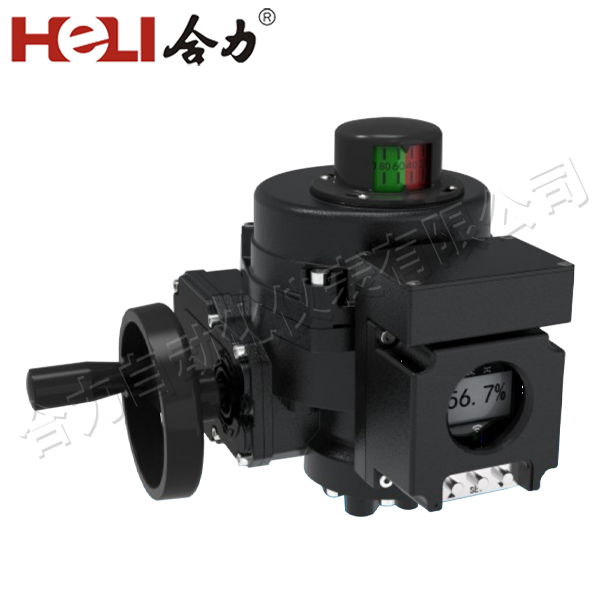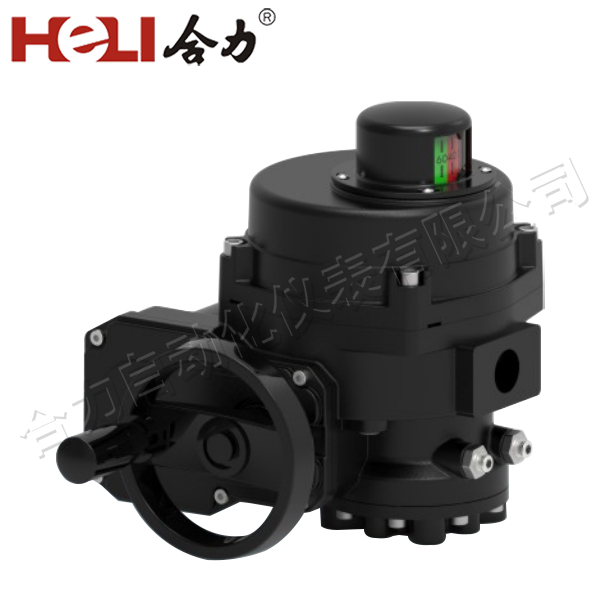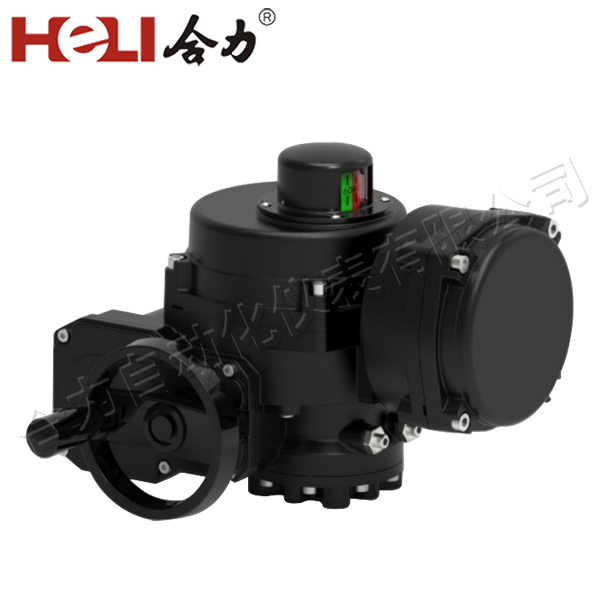As the demand for renewable energy sources continues to rise, lithium batteries have become a popular choice for energy storage systems due to their high energy density, efficiency, and longevity. Whether used in residential, commercial, or industrial applications, proper electrical installation of lithium batteries is crucial to ensure safety, performance, and reliability. This article outlines key considerations and best practices for installing lithium battery electrical systems.

Understanding Lithium Batteries

Lithium batteries, particularly lithium-ion (Li-ion) and lithium iron phosphate (LiFePO4) variants, are favored for their ability to store large amounts of energy in a compact form. They offer several advantages over traditional lead-acid batteries, including a longer lifespan, lighter weight, and faster charging times. However, their unique properties necessitate specific installation techniques to maximize their performance and safety. Safety First Before starting any installation, safety must be the top priority. Lithium batteries can pose various hazards, including fire risk and chemical exposure. Here are some essential safety considerations:
